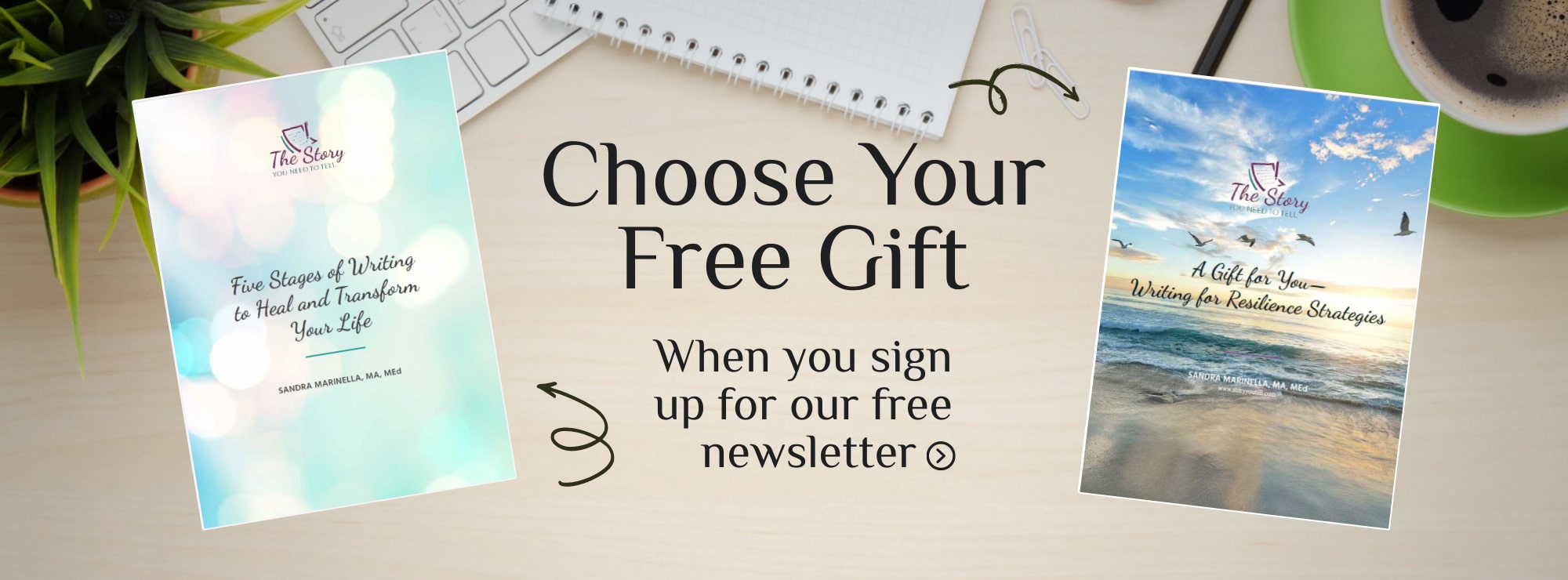Embrace the Silence
She was silent. It was hard for her, introverted and shy, to join my book club. She had explained that she had been living amid COVID-19 and California wildfires, and still trying to align a life after the loss of her husband. But she brought a quiet, calming aura into our Zoom room with her. On the third week we read these lovely words by Mary Oliver:
I do know how to pay attention, how to fall down
into the grass, how to kneel down in the grass,
how to be idle and blessed, how to stroll through the fields,
which is what I have been doing all day.
Tell me, what else should I have done?
That day Elsa found her words. “I love being outside. I love the quiet. While I cannot find my words or seem to write much these days, I find comfort here. Comfort in the quiet. Comfort in being in this community.”
Her words pulled me back into my high school classroom where I remembered a beloved student who was shot in the head while chasing a customer who had walked out of Walmart with a television. I remember my classroom of bereaved teenagers who circled around the empty desk where Lucas had sat. It was in that moment that I learned my students, who wrote almost every day, could not write. They had lost their voice. They needed silence. They needed time to heal. I learned then when a personal story shatters, our brains need time to wrap ourselves in it. To understand it, to accept it, and to learn to live with it.
After Lucas death, I told my students about a powerful little book, Night. When the author, Elie Wiesel was a teen, he was herded off to the concentration camps in Germany. After these traumatic experiences, Wiesel claimed he was unable to write about them for ten years. He published Night in 1960. Fifteen years after the war. But when he did write about his experiences at Buchenwald and Auschwitz, his words helped the world see inside the nightmare of his life during World War II. In moving his story into words, he came to understand his story and infuse it with meaning that would help him carry it forward to the world and help us understand the atrocities of living in Nazi Germany.
Recent studies support the fact that silence lowers our stress and allows us to internalize and reflect on new and painful information. With time our minds can learn to edit our difficult experiences and move forward. We can learn to interpret or hold a difficult story in a new way. After a memorial to Lucas a couple of weeks after his death, we were able to come together and create a beautiful journal of mementos and written tributes to our dear friend. We were able to find our voices and share our stories of Lucas.
Back to sweet Elsa who had lost her voice. Several weeks later, in a writing class, she began to share snippets of her painful story. First, she wrote about the shock of losing her husband John to a heart-attack. Then she wrote of her sister Margie whom she saw as strong and gifted in many areas. “She dove off the high dive on the first attempt at the L.A. High pool where we learned to swim. I crawled to the top and leaped–eyes shut, legs bicycling in a height-driven panic.” A fierce competition had splintered their relationship, and as they grew up, they grew apart. Eventually Margie charged forward as a career woman, and Elsa married John and became a teacher.
In our last class, Else shared the story of a Thanksgiving when there was a blowout with Margie angry at how John treated Elsa. The pain of the event pulled the sisters further apart until one heart-ripping night. Here is the ending to Elsa’s story that she read to us:
”It was Margie whom I called from Monterey Hospital at 2 am on April 18, 2015, to tell her John had a heart attack. In the coming days, it was Margie who drove me back and forth each day for the 45-minute drive, while John remained in intensive care. It was Margie who was there holding music up to his ear to comfort him in the last days of his life. It was Margie who brought me home to an empty house and stayed with me.
Margie has shepherded me through these last six years. She has helped me regain a sense of stability, stamina, courage, and fortitude.”
I looked around our Zoom room and as small as the screen photos were, I believe I saw glistening eyes in every box. After all these years, Elsa had found her sister. Although it had taken time and silence, Elsa had something else, too. She had reclaimed her own beautiful voice.




